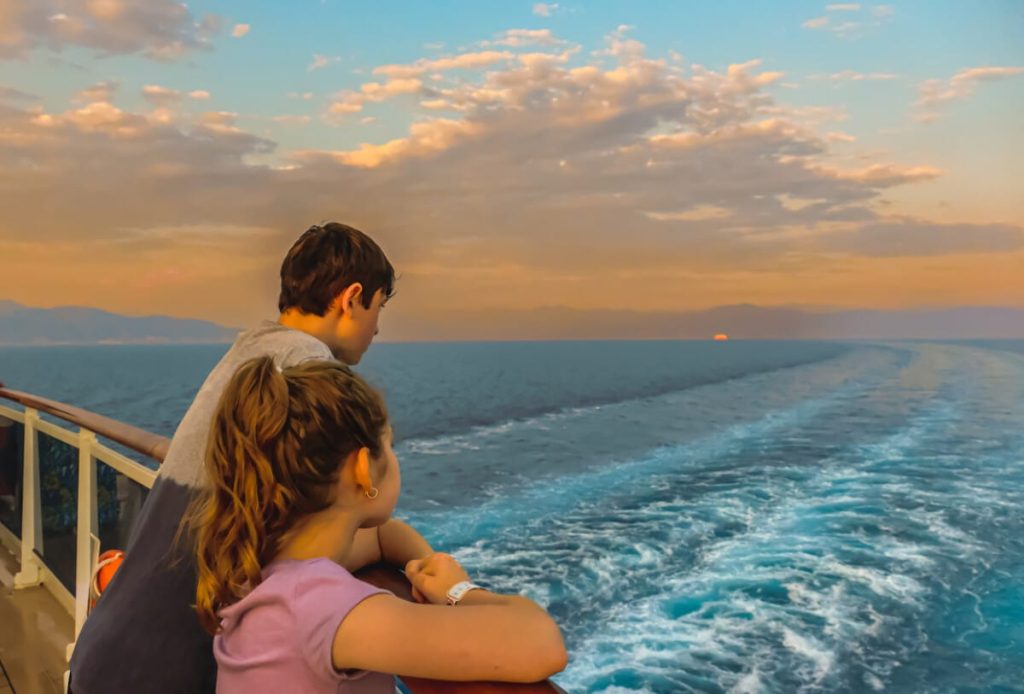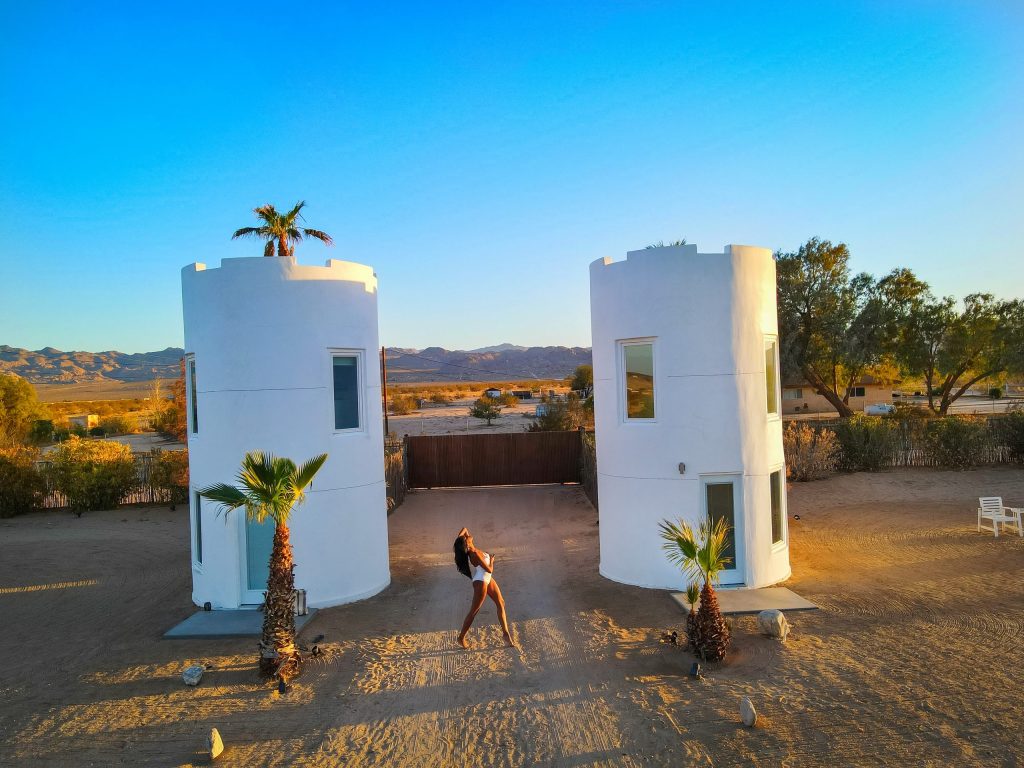12 Smart Habits and Time Management Tips for Remote Workers
Working from home or while traveling can be fun – but distractions pile up quickly. That’s why having good time management tips for remote workers is so important. When you manage your time well, you stay focused and finish your tasks faster. You still have time left for leisure, self-care, and your personal life. Many…
12 Smart Habits and Time Management Tips for Remote Workers Read More »









